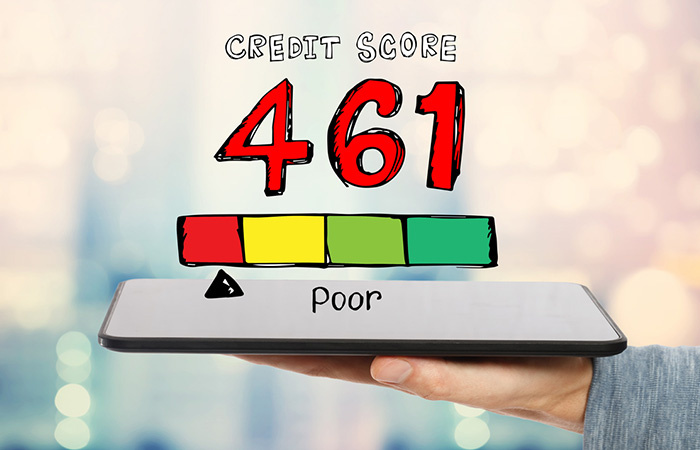It doesn't take much to realize that life is much easier if you have good credit. A poor credit score affects your ability to secure a job, buy or lease a home and even enter into simple contracts for basic services.
On the other hand, a good credit score alleviates all those concerns, and also makes it cheaper to finance large purchases such as a car or a house. Unfortunately, too many of us - particularly younger people - are falling behind when it comes to maintaining good credit.
A recent study by the credit bureau Experian showed that Millennials have significantly lower credit scores than other age cohorts. Younger people also use credit differently; Experian found that they use more of their available debt limit and that their overall debt (excluding mortgages) equals 77-percent of their income. That's 28-percent higher than the U.S. average.
If you're one of the millions of people who have allowed your credit rating to suffer, here's what you need to know.
Getting Your Finances Back on Track
Resolving to take immediate action is the first step toward improving your credit score. Here are a few practical steps to take to get that process moving:
- Making timely payments is the cornerstone of a good credit score. Even if the amount you owe is relatively trivial, a late payment can still have serious negative effects. Make an effort to pay your debts on time with consistency.
- Do not apply for multiple lines of credit. These applications show up on your credit report, and may lead lenders to believe that you're preparing to take on more debt.
- Attempting to improve your score by opening or closing accounts, or by shifting balances between credit cards, is not an effective strategy. Instead, focus on timely repayments.
- If you have outstanding debts, contact your lenders and negotiate a new repayment schedule. You may be able to settle old debts for pennies on the dollar, depending on the circumstances.
- Realize that rebuilding your credit score takes time and effort. Many delinquencies stay on your report for seven years.
- Pay down balances on your existing credit cards. Having more available credit helps boost your credit score. Ideally, you should only use around 25 to 30-percent of your available credit.
- Make sure there is no incorrect information on your report. Request a free credit report at least once a year to verify all data is correct.
The Takeaway
There's no denying it: Bad credit makes life more difficult. By diligently working to repair any damage done to your credit history, you can start making quick progress toward better financial health.
Source: MoneyEdu

